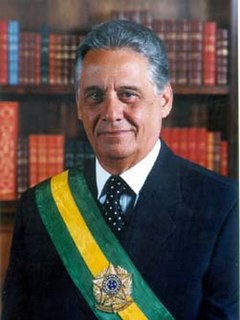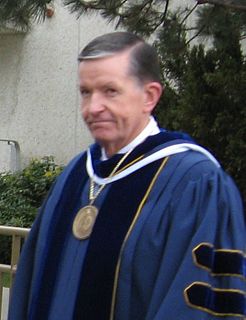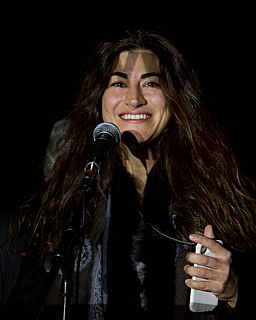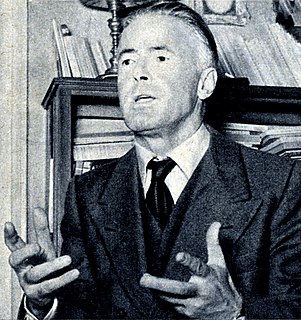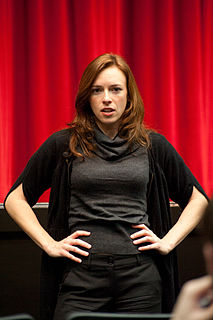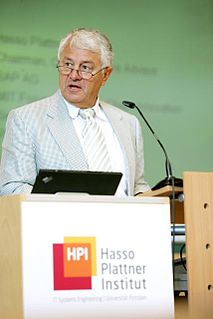A Quote by Ben Sasse
Among the responsibilities of each citizen in a participatory democracy is keeping ourselves sufficiently informed so that we can participate effectively, argue our positions honorably, and hopefully, forge sufficient consensus to understand each other and then to govern.
Related Quotes
While our institutional mission and destiny are not in doubt, how we each participate and understand our individual responsibilities requires constant attention, effort, and vigilance. BYU will progress and prosper, but our individual success is not guaranteed without our own personal best efforts and worthily received blessings.
It is very important to understand that pluralism is part of our system. We don't all think the same thing and part of our strength is that we come from different perspectives. We have to respect one another even when we disagree with each other. There has to be a spirit of tolerance for the views of others, while also being deeply committed to the positions we hold. If we do that, I think we can coexist and learn to love each other better.
As the world is getting smaller, it becomes more and more important that we learn each other's dance moves, that we meet each other, we get to know each other, we are able to figure out a way to cross borders, to understand each other, to understand people's hopes and dreams, what makes them laugh and cry.
There never is any such thing as one truth to be found in dramatic art. There are many. These truths challenge each other, recoil from each other, reflect each other, ignore each other, tease each other, are blind to each other. Sometimes you feel you have the truth of a moment in your hand, then it slips through your fingers and is lost.
We are different. We are equal in every way but our voices are important to each other and our need to want to listen to each other and try to understand, because sometimes we are so difficult to understand. Men to understand us, and we to understand men. And we don't. We don't connect the way we should.
We need each other to do things that we can't do for ourselves. If we are intimately connected with each other, we just give things to each other; if we don't know each other we find another way to handle it. If you think about it, each according to his or her abilities and each according to his or her needs is sort of the same thing as supply and demand.
How our story has been divided up among the truth-telling professions! Religion, philosophy, history, poetry, compete with each other for our ears; and science competes with all together. And for each we have a different set of ears. But, though we hear much, what we are told is as nothing: none of it gives us ourselves, rather each story-kind steals us to make its reality of us.




